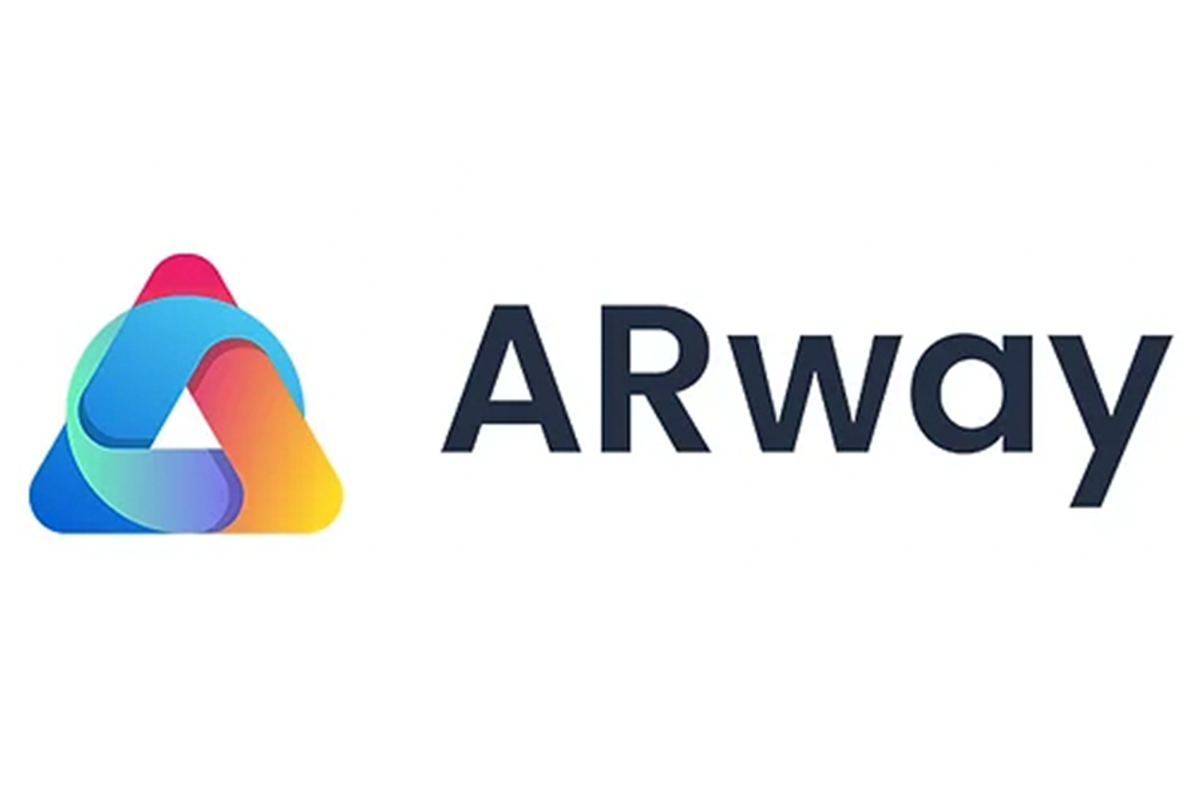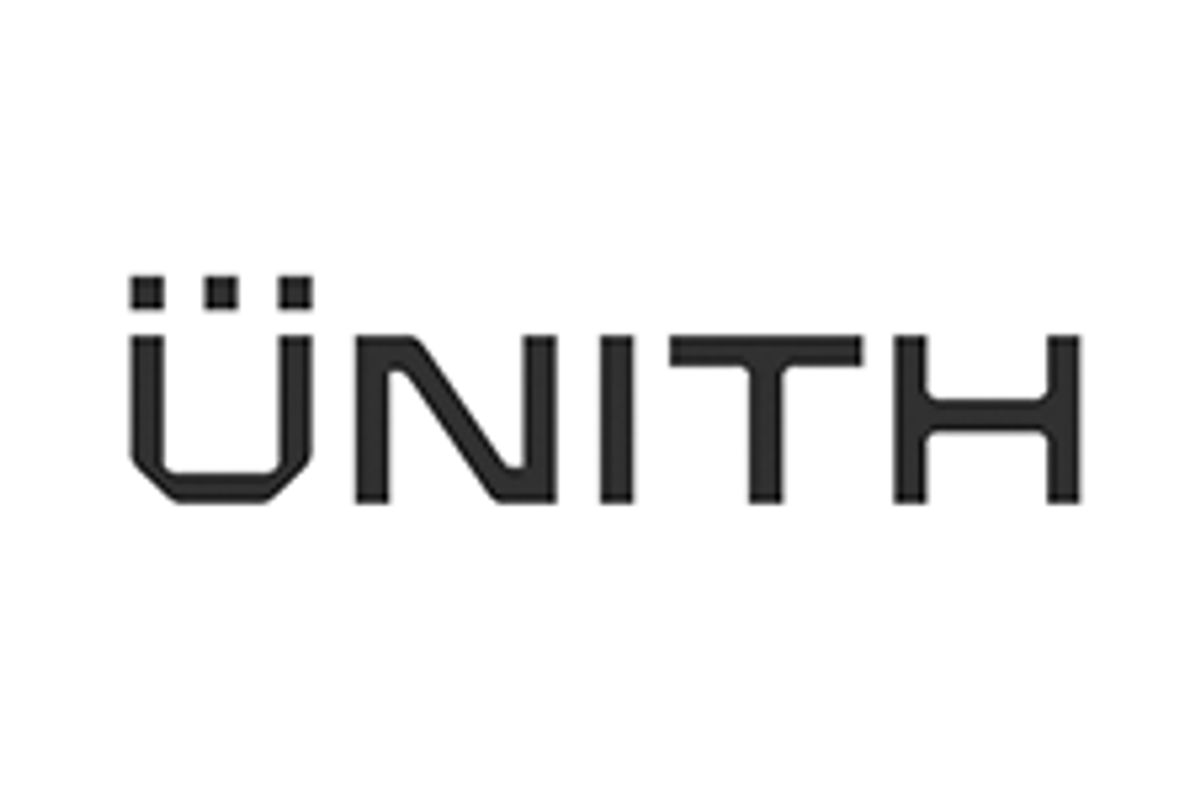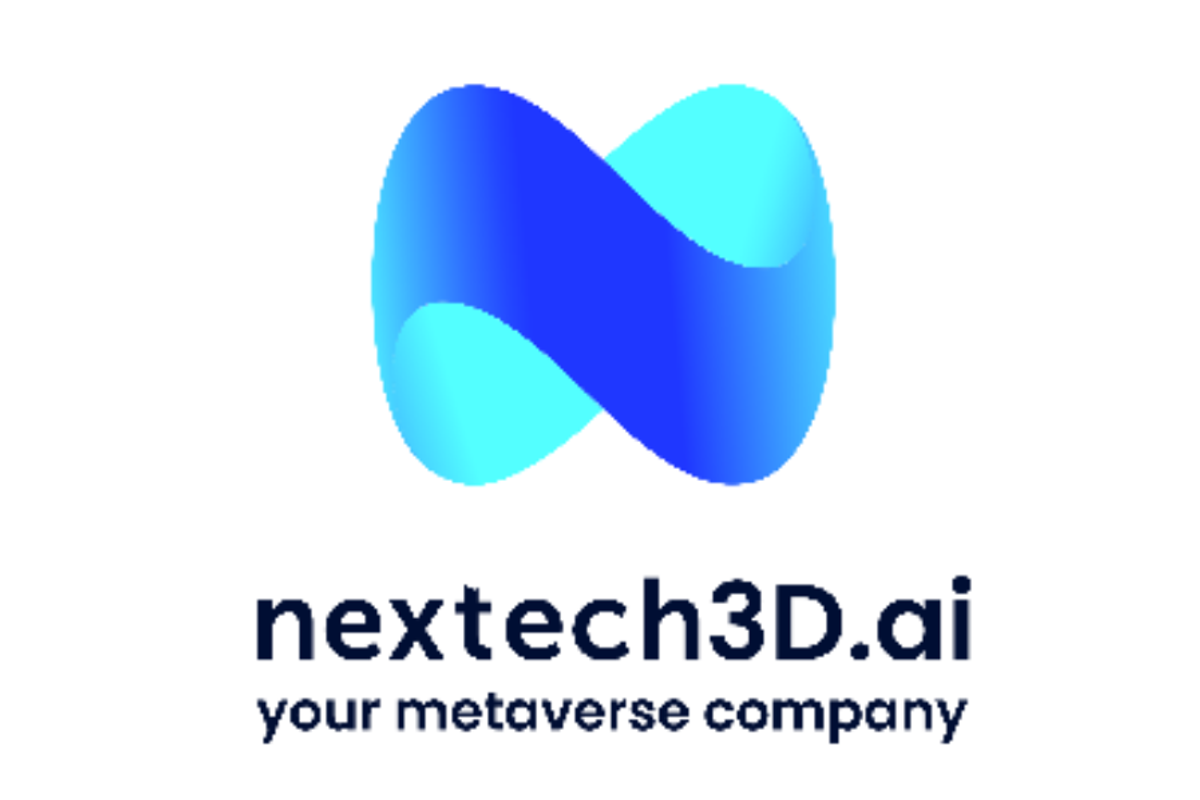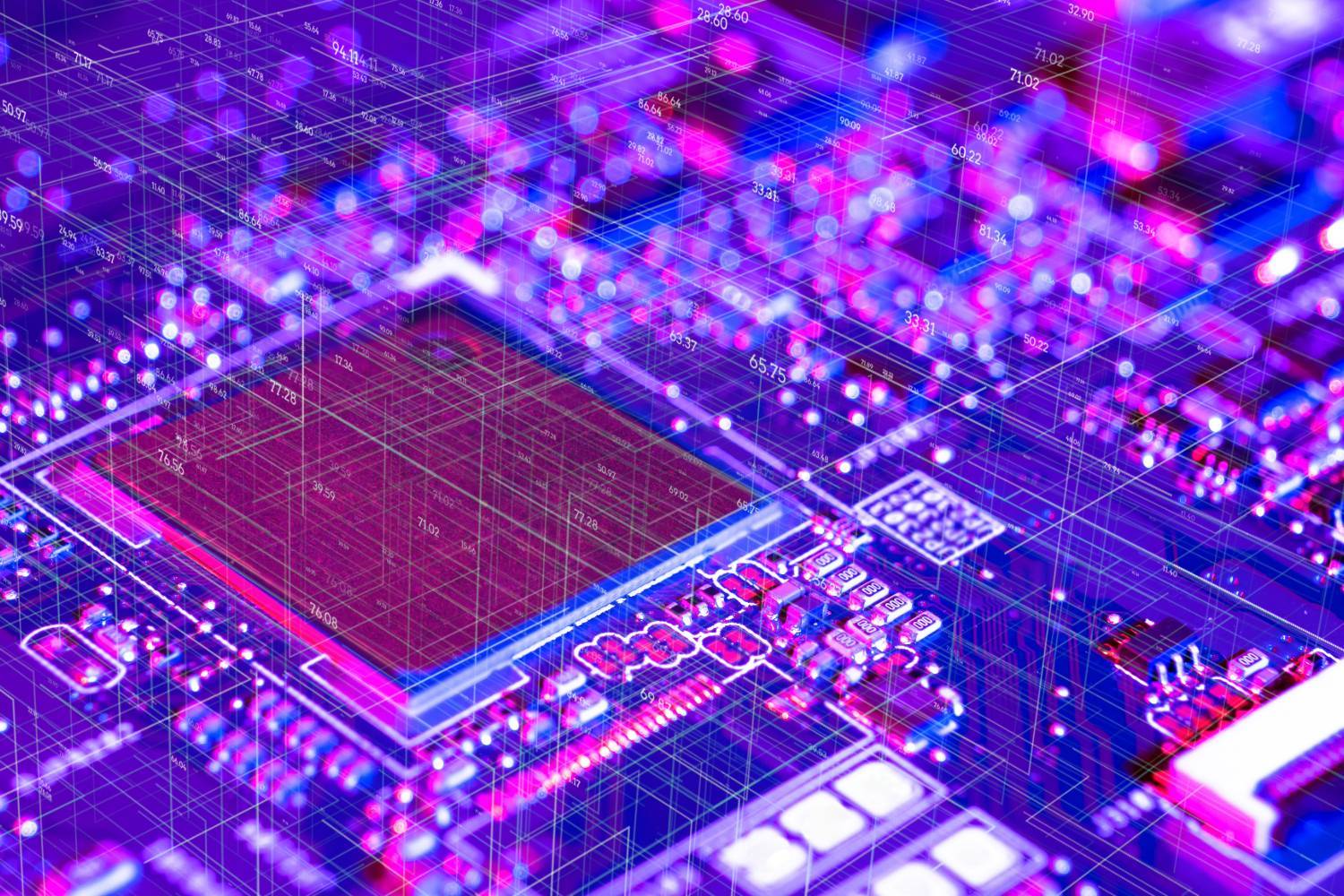
March 03, 2023
ARway Corporation (“ARway” or the “Company”) (CSE: ARWY), (OTC: ARWYF) (FSE: E65) is an AI powered Augmented Reality Navigation platform with a disruptive no-code, no beacon spatial computing solution enabled by visual marker tracking with centimeter precision. ARway is pleased to announce that CEO, Evan Gappelberg will be featured in a segment on BTV Business Television, discussing the Company’s massive potential and augmented reality wayfinding technologies.
TV BROADCAST NETWORKS and TIMES:
CANADA
BNN Bloomberg – Saturday March 4 @ 8:00pm ET, Sunday March 5 @ 5:30pm ET
US National TV
Biz Television Network – Sun March 11 @ 8:30am ET
About ARway
ARway Corp. (CSE:ARWY, OTC: ARWYF) – ARway's platform is disrupting the $44 billion indoor wayfinding market, allowing users to access an augmented reality venue map on their smart phone by simply scanning a QR code. BTV explores ARway's easy to implement solution.
About BTV – Business Television:
On air for 25 years, BTV – Business Television, a half-hour investment TV show, features analysts, experts and emerging companies at their location. With Hosts, Taylor Thoen and Jessica Katrichak, BTV shares up and coming companies and investment opportunities with viewers.
To learn more about ARway, please follow on Social Media: Twitter, YouTube, Instagram, LinkedIn, and Facebook, and visit our website: www.arway.aiFor further information, please contact:
Investor Relations Contact
Julia Violainvestor.relations@arway.ai
ARway Corporation
Evan GappelbergCEO and Director866-ARITIZE (274-8493)
About ARway Corp
ARway is an AI powered augmented reality navigation platform for the real-world metaverse. It enables AR-enhanced indoor navigation and wayfinding solutions for large, multi-purpose venues enabled by marker-based tracking using QR codes. Visitors can access a venue map by scanning a QR code with their smartphone upon entering the venue to navigate to any Point of Interest (POI) with step by step directions, learn information about those POIs, and interact with rich AR content and experiences along the way.
The ARway offering has an unlimited number of use cases for augmenting physical spaces in the metaverse, consisting of indoor navigation with AR activations to improve the visitor experience in large and complex spaces. With value propositions spanning multiple industries and use cases, ARway leverages Nextech’s 3D/AR technology solutions to new substantial markets, for use by creators, brands, and companies.
The ARway Platform Includes:
Web Creator Platform
The Web-Based Creator Platform provides 'advanced' authoring capabilities compared to the mobile app, including the ability for creators to upload their own OBJ/GLB files, and create their own 3D objects. Placing content in a large area using only mobile app required the user to physically be in the specific location which was unscalable. The web studio allows the user to place and author content remotely and at scale.
Mobile App
With the ARway mobile app, anyone can spatially map their location within minutes using their smartphone, and populate it with interactive 3D content, augmented reality wayfinding, audio, text, images, and more. Nextech AR provides several pre-loaded 3D objects which creators can leverage to populate their metaverse.
Download the Mobile App
Apple iOs - click here
Google Play Store - click here
ARwayKit SDK
The Software Development Kit contains code libraries and API information that allows developers to build their own white label & private label mobile apps on both iOs and Android leveraging ARway's technology and creator tools to build AR wayfinding and spatial experiences. Creators will be able to develop white label and private label apps and access ARway APIs to author maps using the Web Creator Portal. The SDK features the latest and greatest of the ARway mobile app.
Nextech AR Solutions
On October 26, 2022, ARway Corp. was spun-out from its parent Company, Nextech AR Solutions (OTCQX: NEXCF) (CSE: NTAR) (FSE: EP2). Nextech AR retained a control ownership in ARway Corp. with 13 million shares, or a 50% stake. Nextech AR Solutions is a Metaverse Company and leading provider of augmented reality (“AR”) experience technologies and 3D model services. Nextech’s AI-powered 3D modeling platform, “ARItize3D” has contracts with; AMZN, KSS, CB2, Genuine Parts & many others. To learn more about Nextech AR, visit www.nextechar.com
Forward-looking Statements
The CSE has not reviewed and does not accept responsibility for the adequacy or accuracy of this release.
Certain information contained herein may constitute “forward-looking information” under Canadian securities legislation. Generally, forward-looking information can be identified by the use of forward-looking terminology such as, “will be” or variations of such words and phrases or statements that certain actions, events or results “will” occur. Forward-looking statements regarding the completion of the transaction are subject to known and unknown risks, uncertainties and other factors. There can be no assurance that such statements will prove to be accurate, as future events could differ materially from those anticipated in such statements. Accordingly, readers should not place undue reliance on forward-looking statements and forward-looking information. ARway Corp. will not update any forward-looking statements or forward-looking information that are incorporated by reference herein, except as required by applicable securities laws.
Source
The Conversation (0)
19 October 2023
ARway.ai
Revolutionizing Navigation: ARway.ai's AI-powered Spatial Computing Platform is Disrupting the $44B Indoor AR Navigation Market
Revolutionizing Navigation: ARway.ai's AI-powered Spatial Computing Platform is Disrupting the $44B Indoor AR Navigation Market Keep Reading...
04 February
AI Infrastructure Moving to the Edge to Transform User Experience
While the first phase of the AI gold rush was defined by massive investments in centralized data centers, 2026 is about proving those billions can translate into fast, reliable AI that people will use every day. One Canadian startup, PolarGrid, is betting that the answer lies at the edge rather... Keep Reading...
29 January
Quarterly Activities/Appendix 4C Cash Flow Report
Unith (UNT:AU) has announced Quarterly Activities/Appendix 4C Cash Flow ReportDownload the PDF here. Keep Reading...
20 January
The Performance Chasm: Is the AI Rally Over or Just Shifting Gears?
The investment landscape of 2025 will be remembered for its historic divide, where the widespread boom in artificial intelligence (AI) created a tale of two worlds in the stock market.On one side, the Magnificent 7 and specialized players like Palantir Technologies (NASDAQ:PLTR) drove massive... Keep Reading...
20 January
Nextech3D.ai Scales National Event Infrastructure to 35 Major U.S. Cities; Launches 58 New AI-Ready Experiences to Meet Enterprise Demand
Strategic Integration of Generative AI 'Semantic Memory' via OpenAI and Pinecone Vector Database Supports Rapid Expansion of Corporate Engagement Platforms TORONTO, ON / ACCESS Newswire / January 20, 2026 / Nextech3D.ai (OTCQB:NEXCF)(CSE:NTAR,OTC:NEXCF)(FSE:1SS), a leader in AI-powered event and... Keep Reading...
16 January
Tech Weekly: Chip Stocks Soar on Taiwan Semiconductor Earnings
Welcome to the Investing News Network's weekly brief on tech news and tech stocks driving the market. We also break down next week's catalysts to watch to help you prepare for the week ahead.Don't forget to follow us @INN_Technology for real-time news updates!Securities Disclosure: I, Meagen... Keep Reading...
16 January
Nextech3D.ai Partners with BitPay to Power Crypto and Stablecoin Payments for Events
Company Strengthens Event Tech Infrastructure with Milestone AWS Migration and Enhanced Blockchain CredentialingAWS Cloud Infrastructure OptimizationSmart Contract UniformityFlexible Asset Standards ERC721/ ERC1155 TORONTO, ON AND NEW YORK CITY, NY / ACCESS Newswire / January 16, 2026 /... Keep Reading...
Latest News
Interactive Chart
Latest Press Releases
Related News
TOP STOCKS
American Battery4.030.24
Aion Therapeutic0.10-0.01
Cybin Corp2.140.00




